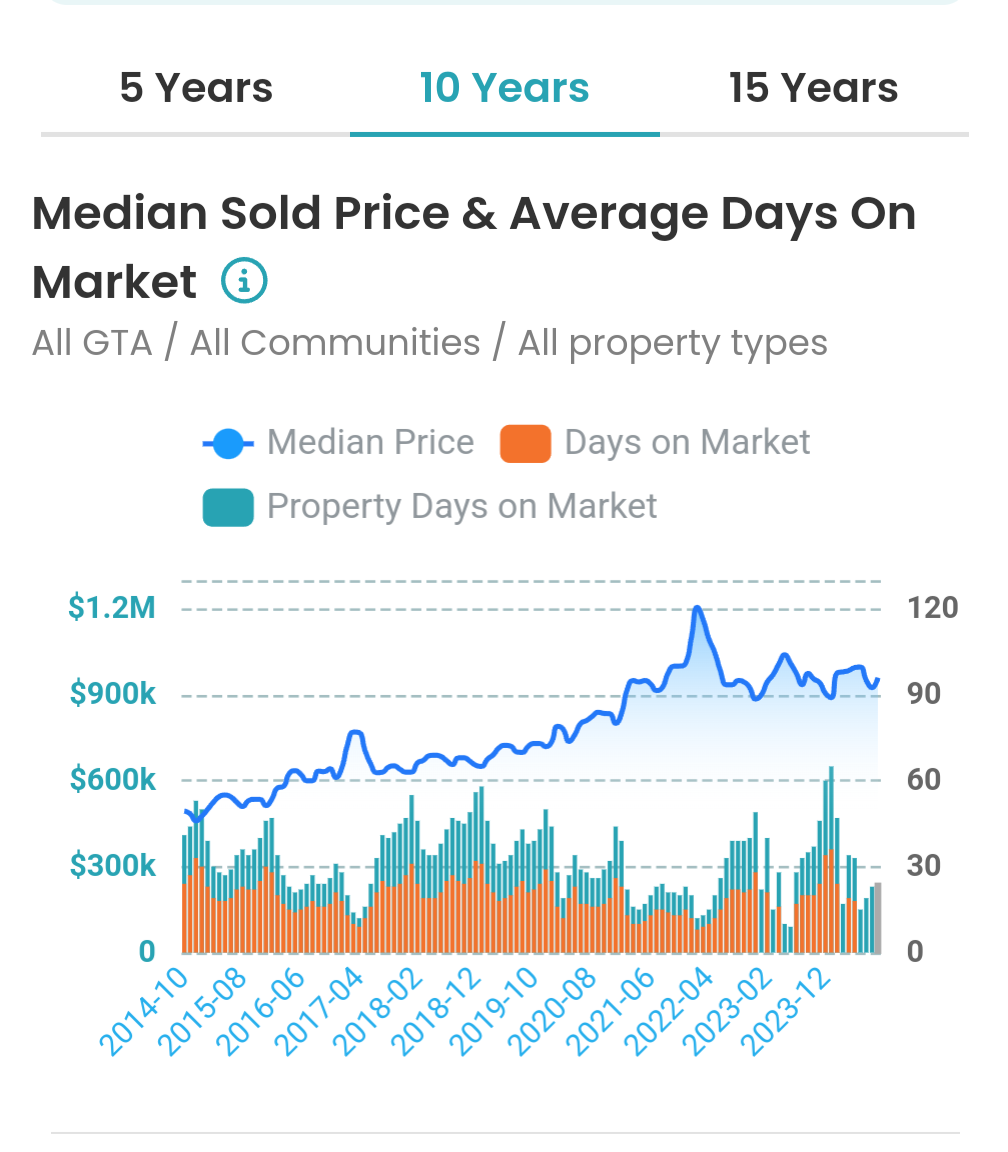

Is the HELOC free? Are the reverse mortgages free? Aren’t they just swapping downgrading your living conditions with making less money than you could have? I think you’re just presenting another alternative to capitalize some of your primary home, not really disproving the general point.




















That’s not what capitalism is. Competition is one component that’s observed in capitalist systems and it isn’t strictly required, nor necessarily the natural course of capitalism. There are well established examples in capitalist economies where competition cannot exist naturally. Then you have the history of capitalist economies rife with consolidation, only sometimes impeded by intervention. I’d invite you to consider what happens to the losers in a best case scenario competitive market. What happens with their machinery, workers, brands, market share, etc. once they’re our of business. I’ll say it since I want to draw a conclusion - they typically get absorbed by the successful competitors. Repeat this cycle enough and you get the consolidation we see all around us. What we live in isn’t not capitalism. It’s just a …late… stage of it. The perfect competition model doesn’t prove that it’s a natural or a likely model of economies, there’s no good evidence that competitive equilibria are likely or stable. If reality is any guide, it’s the opposite.